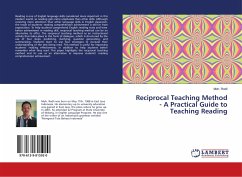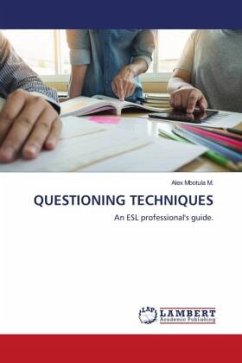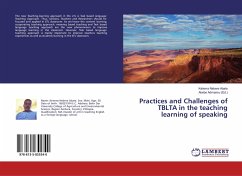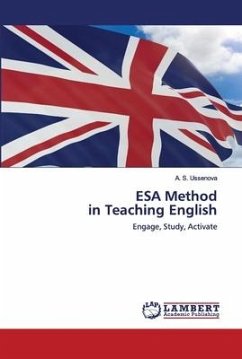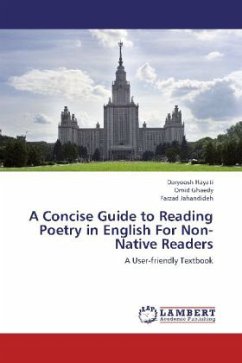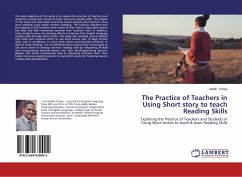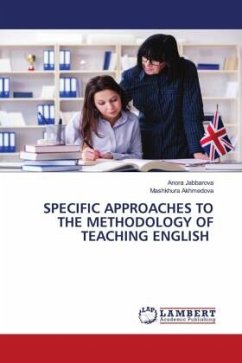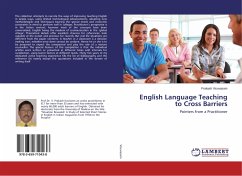Reading is one of English language skills considered more important in this modern world, so reading gets more emphasize than other skills. Although receiving more attention than other language skills in English classroom, the result of students' reading comprehension achievement is still far from expectation. To help students comprehend English reading texts and have better achievement in reading skill, reciprocal teaching method can be an alternative to offer. The reciprocal teaching method as an instructional activity that takes place in the form of dialogue, which is structured by the use of four steps: predicting, clarifying, question generating, and summarizing. Students learn to use four strategies to increase their understanding of the text being read. This method is useful for improving students' reading effectiveness, in addition to help students better remember what they read. This paper highlights the reciprocal teaching method and its use as an alternative to improvestudents' reading comprehension achievement.
Bitte wählen Sie Ihr Anliegen aus.
Rechnungen
Retourenschein anfordern
Bestellstatus
Storno

